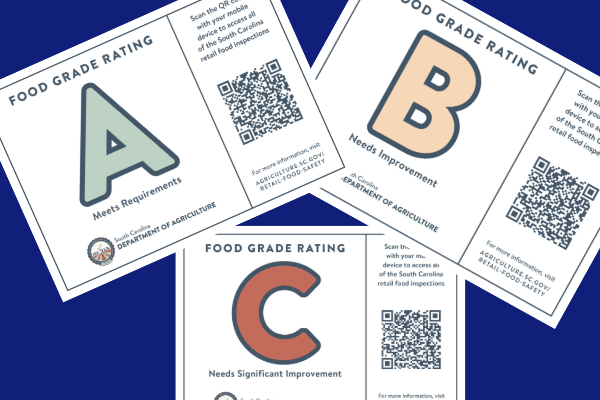COLUMBIA, S.C. — South Carolinians receiving Medicaid benefits may soon face new work requirements to maintain their coverage, following a directive from Governor Henry McMaster to the state’s Department of Health and Human Services (SCDHHS). The department has been instructed to prepare a formal request to implement the mandate once President-elect Donald Trump takes office.
Revisiting Work Mandates
During the first Trump administration, South Carolina gained approval to enforce Medicaid work requirements, but the policy never took effect due to the COVID-19 pandemic. The Biden administration subsequently barred states from imposing such mandates.
McMaster argues the policy is necessary to ensure fairness and accountability, targeting able-bodied adults aged 19 to 64 who are not disabled. If approved, approximately 200,000 South Carolinians would be required to work at least 80 hours per month, participate in job training, pursue education, or volunteer to maintain Medicaid benefits.
Exemptions and Concerns
Under a previously approved waiver, certain individuals were exempt from these requirements, including:
- Supplemental Security Income (SSI) or Social Security Disability Insurance (SSDI) recipients;
- Primary caregivers of children or disabled adults;
- Medically frail individuals;
- Pregnant individuals or those within 365 days postpartum;
- Those residing in areas with unemployment rates of 8% or higher.
The proposed policy would also exempt those in Medicaid-covered substance abuse treatment programs and members of federally recognized tribes. Additional exemptions for the new request are still under review, according to the governor’s office.
Critics, such as Sue Berkowitz, policy director for the SC Appleseed Legal Justice Center, caution that these requirements could create undue burdens for Medicaid recipients.
Berkowitz also expressed concern about logistical challenges, such as lack of transportation or administrative barriers, which could lead to coverage loss for some beneficiaries.
Balancing Accountability and Support
Supporters argue that the policy encourages personal responsibility and reduces reliance on public assistance. Opponents warn that it risks penalizing vulnerable individuals who face systemic challenges in securing employment.
As South Carolina finalizes its proposal, the state will revisit the exemptions and consider feedback to balance accountability with support for low-income residents. If approved, the state will become one of the few to enforce Medicaid work requirements in recent years.










